LAWSUITS NEWS & LEGAL INFORMATION
Hospital Excessive Billing Legal News Articles & Interviews
Emergency Departments Still Overcharging Patients, Lawsuit Filed
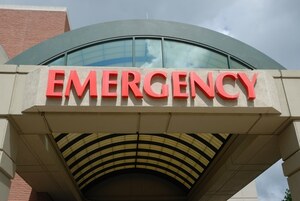 August 18, 2022. By Jane Mundy.
August 18, 2022. By Jane Mundy.Former Head of Third-Party Billing Company on trial for Health Care Fraud
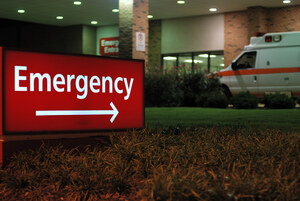 July 21, 2022. By Anne Wallace.
July 21, 2022. By Anne Wallace.Increased Emergency Room Charges Loom for Patients at Critical Access Hospitals
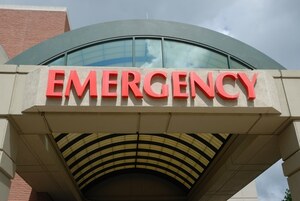 July 5, 2022. By Anne Wallace.
July 5, 2022. By Anne Wallace.More Hospital Overcharges Lawsuits against TeamHealth “Cartel”
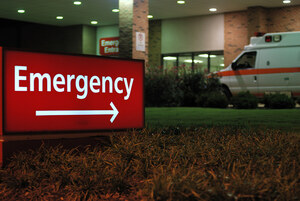 April 6, 2022. By Jane Mundy.
April 6, 2022. By Jane Mundy.UnitedHealthcare Cites Upcoding Fraud in Lawsuit against Emergency Room Staffing Company
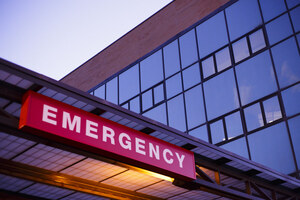 March 9, 2022. By Anne Wallace.
March 9, 2022. By Anne Wallace.The No Surprises Act Not Foolproof
 February 23, 2022. By Jane Mundy.
February 23, 2022. By Jane Mundy.TeamHealth vs. United HealthCare Services
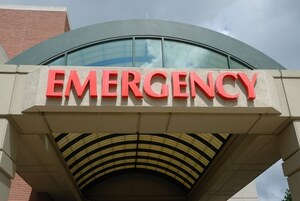 December 21, 2021. By Jane Mundy.
December 21, 2021. By Jane Mundy.ER Charged $1,200 for Nosebleed
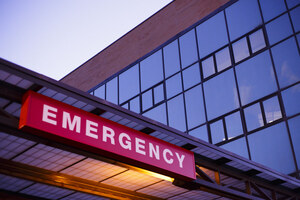 November 30, 2021. By Jane Mundy.
November 30, 2021. By Jane Mundy.Physician Billed Exorbitant ER Overcharges
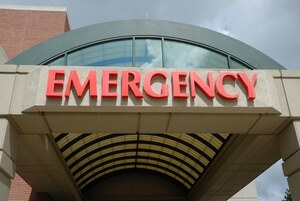 November 28, 2021. By Jane Mundy.
November 28, 2021. By Jane Mundy.Patient is Charged ER Fees Without Being Seen
 November 12, 2021. By Jane Mundy.
November 12, 2021. By Jane Mundy.- Patients “Deceived” and “Scammed” by ER Fees By Jane Mundy (Aug-18-21)
- Emergency Room Overcharges Patient now Debt Collector Victim By Jane Mundy (Jul-16-21)
- No Surprises Act to Eliminate ER Overcharges? By Jane Mundy (Jun-15-21)
- Emergency Room Opportunity to Overcharge By Jane Mundy (May-21-21)
- Emergency Room Overcharges Complaints Outrageous but True By Jane Mundy (Apr-14-21)
- Emergency Room Overcharges Attorney Helps—if you are Committed By Jane Mundy (Apr-1-21)
- Two Former Cardiologists Awarded $10.6 million for Reporting Patient Care Problems and Overcharging By Jane Mundy (Feb-28-21)
- Insured Californians Getting Gouged by Out-of-Network Providers By Jane Mundy (Jun-16-20)
- Getting Caught Can Reduce Emergency Room Overcharges By Jane Mundy (May-14-20)
- Emergency Room Overcharges –Surprise! By Jane Mundy (Apr-16-20)
- Emergency Room Overcharges with Coronavirus Test By Jane Mundy (Apr-5-20)
- Patients Battle Surprise Emergency Room Charges By Anne Wallace (Feb-20-19)
- Discrepancies in Emergency Room Overcharges Cause Frustration and Financial Woes By Jane Mundy (Feb-11-19)
- ER Charges: Underserved and Over-Charged thanks to Upcoding By Jane Mundy (Jan-10-19)
- Michigan Patient Billed Over $1,000 for Sitting in the Waiting Room By Gordon Gibb (Feb-23-18)
- Medical Billing and Hospital Overcharges - What Happened to the Hippocratic Oath of "first, do no harm"? By Jane Mundy (Feb-19-18)
- ER Bills and Hospital Overcharging: It’s Not Getting Any Better By Gordon Gibb (Oct-30-17)
- Don’t Let Unpaid Hospital Bills Ruin Your Life By Brenda Craig (Oct-16-16)
